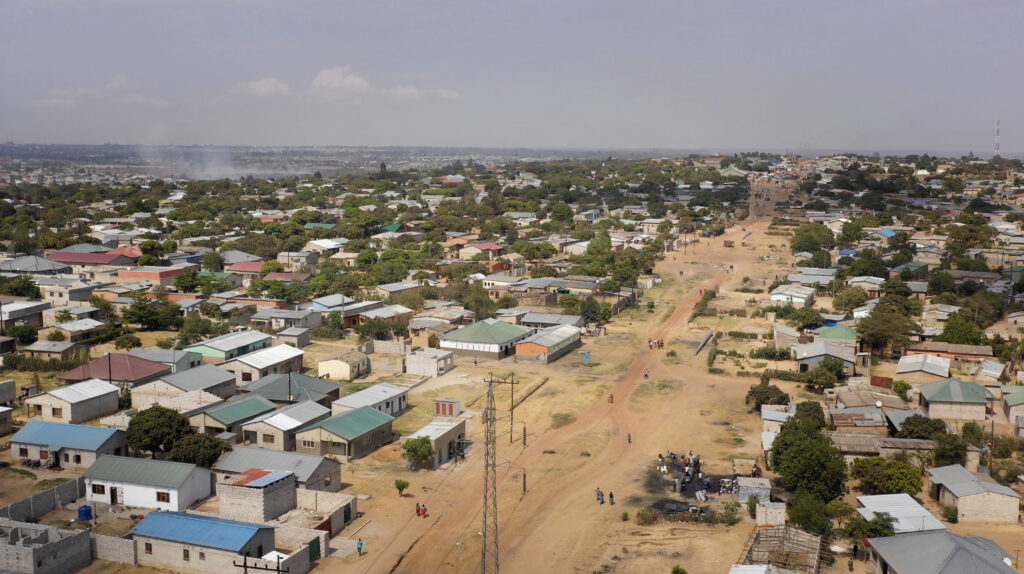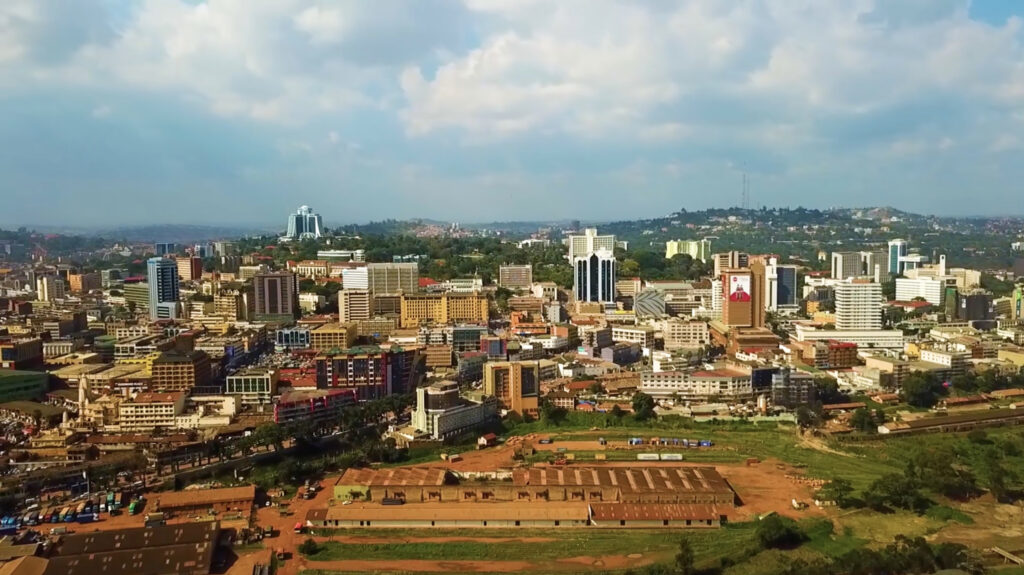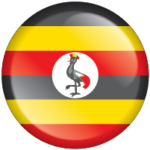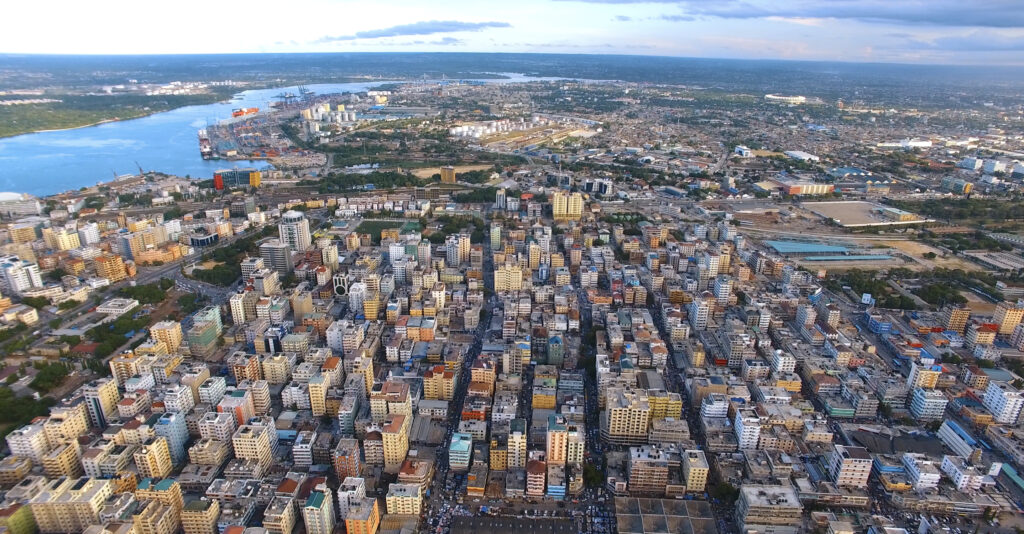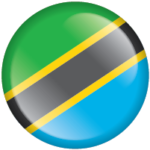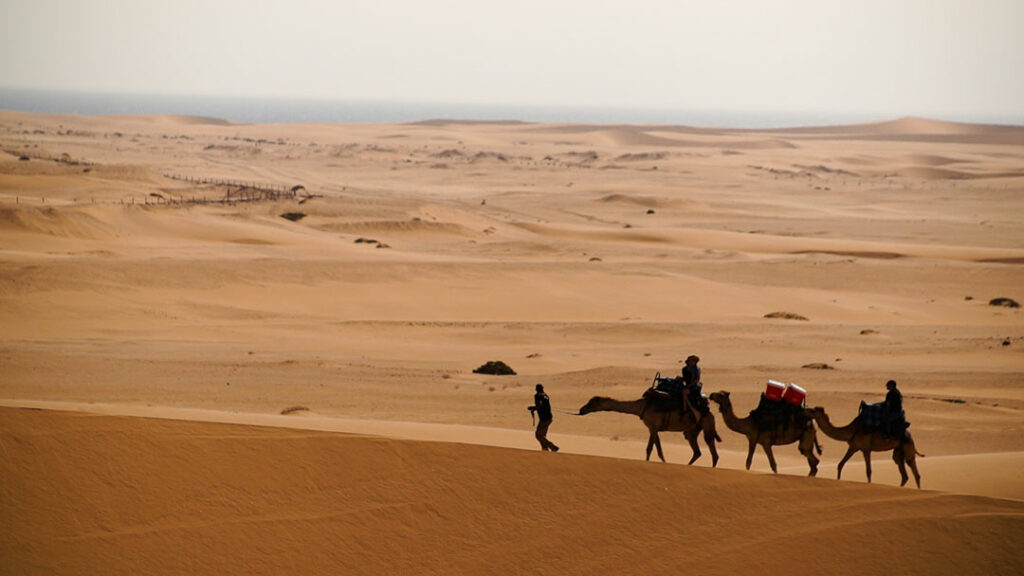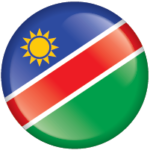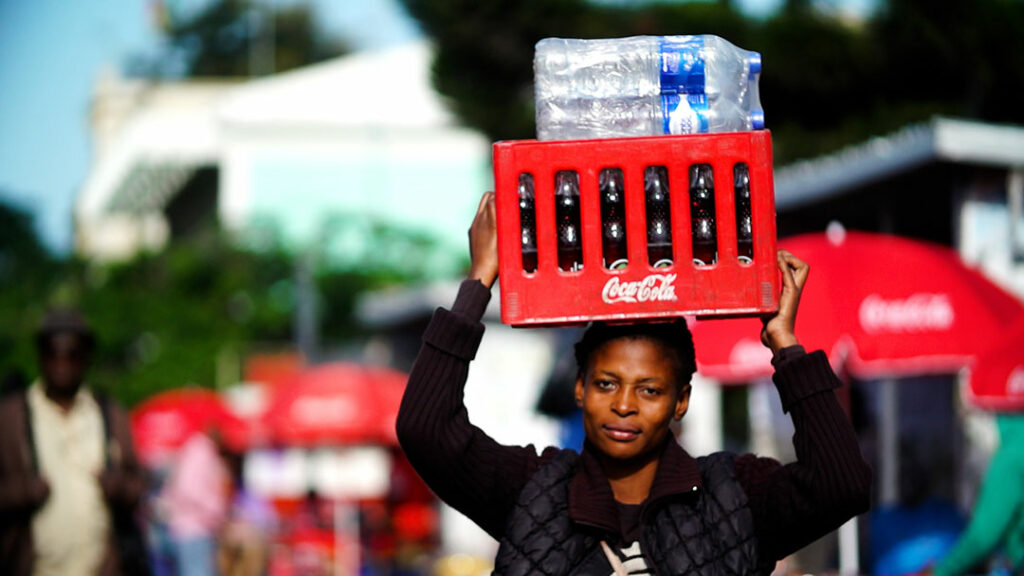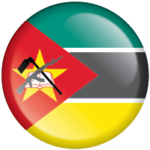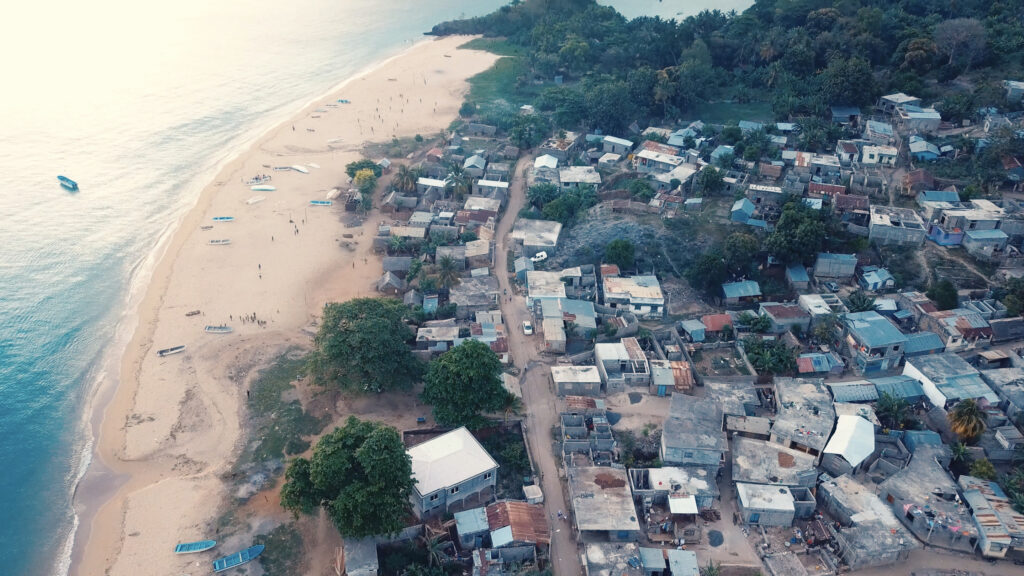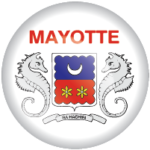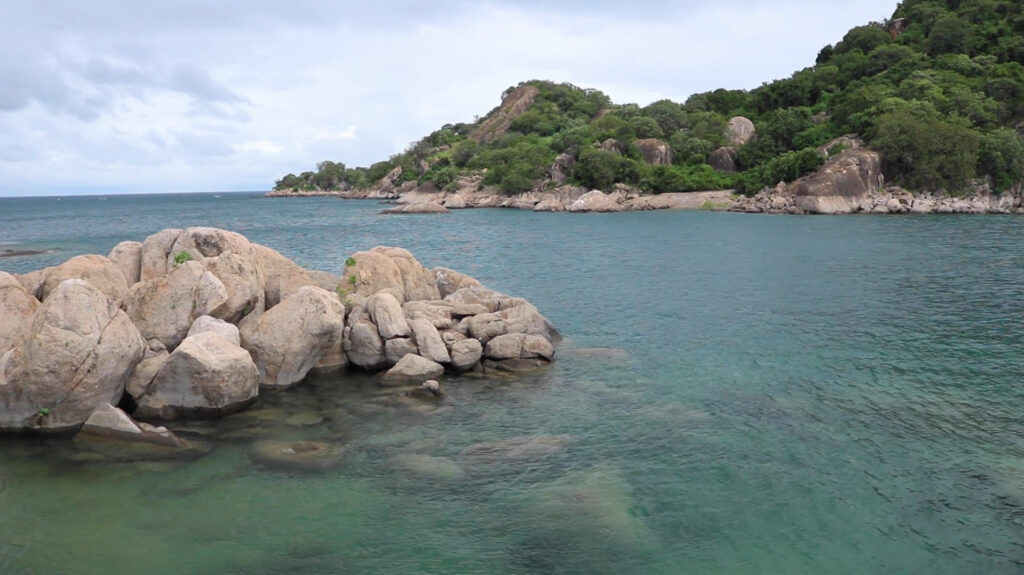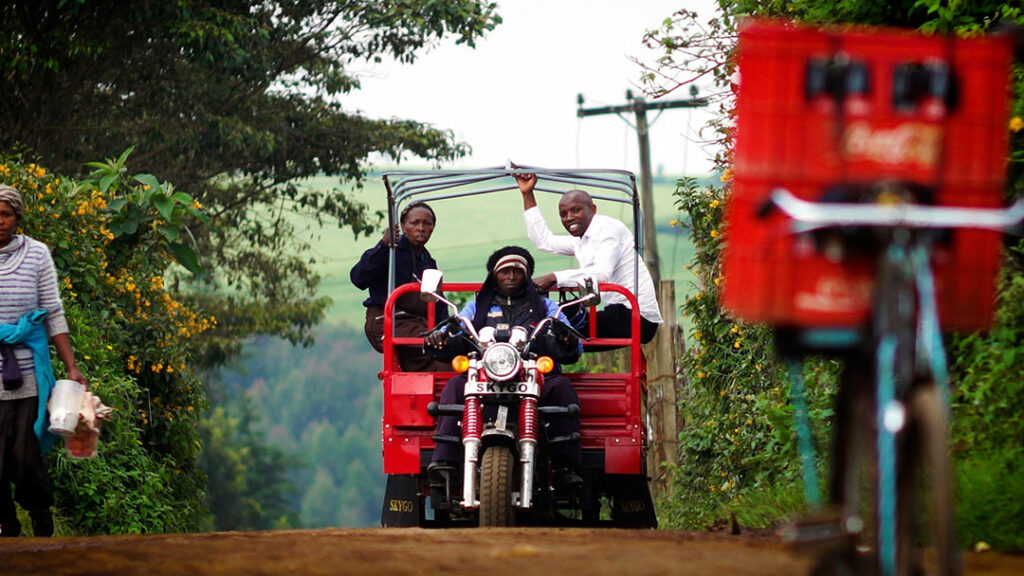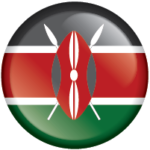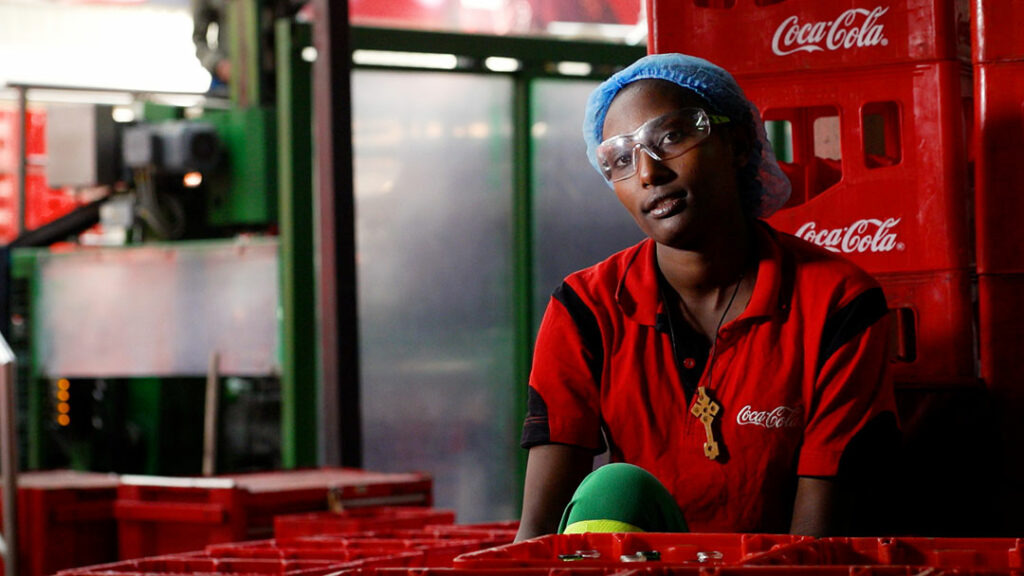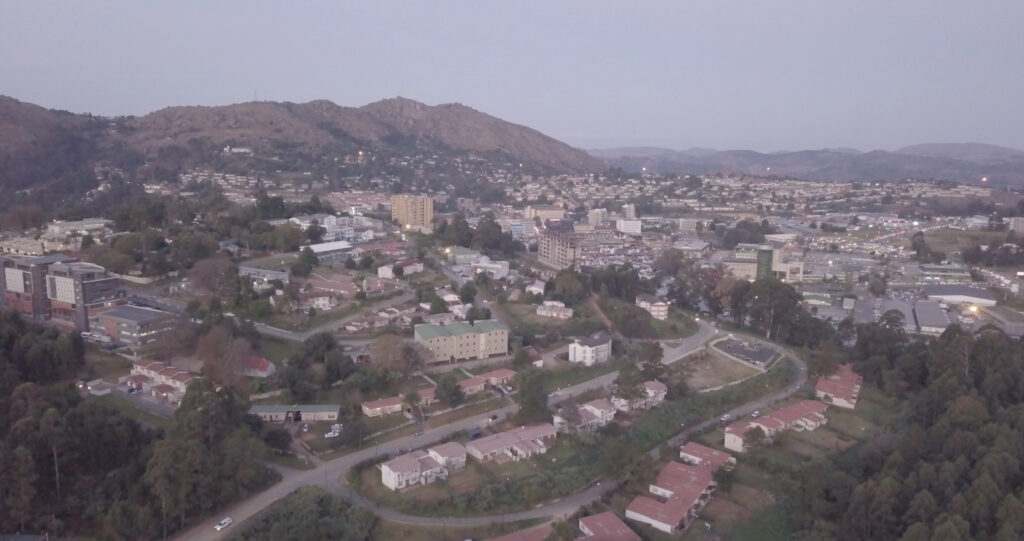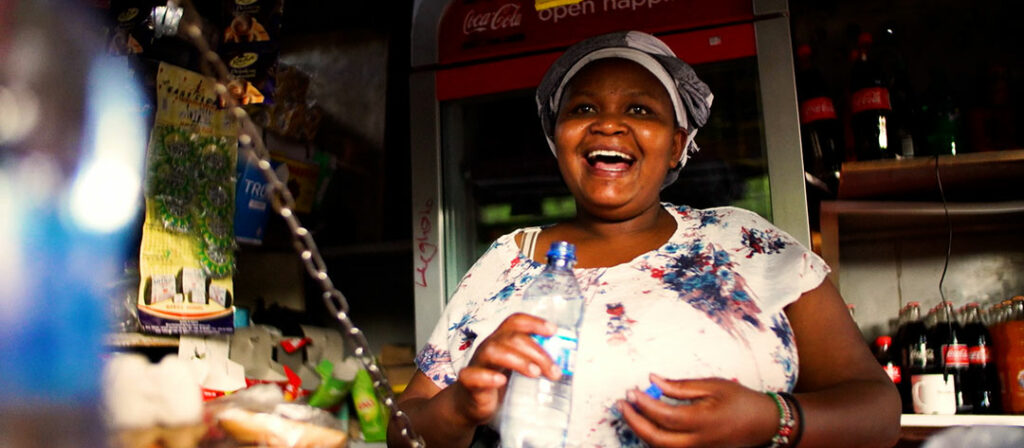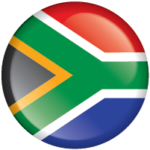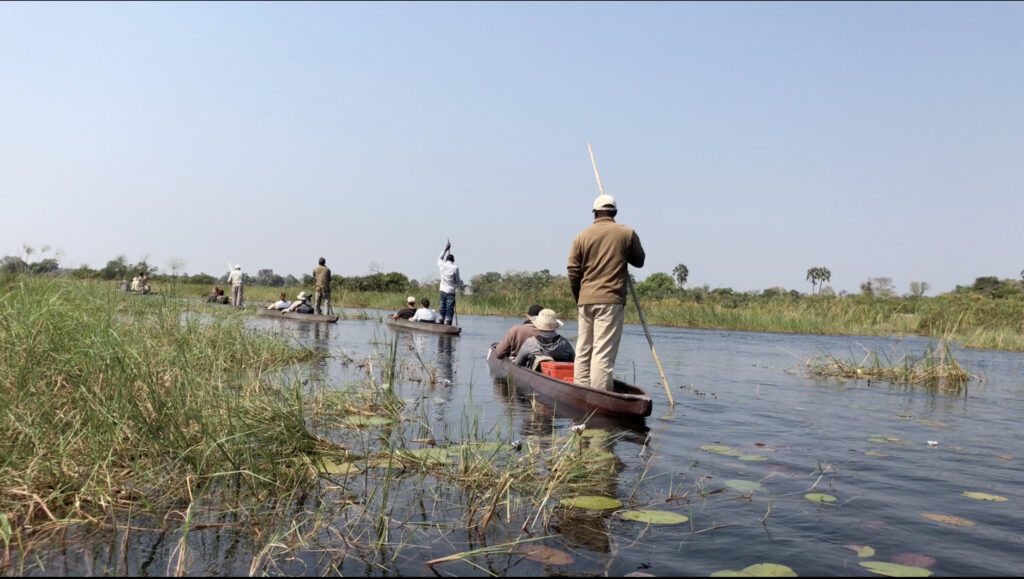Jacques Vermeulen
Along with its devastating human and economic costs, the COVID-19 pandemic has put renewed focus on sustainability. The experience of mass human vulnerability to the accidents of nature has reminded us of the need to live in harmony with the natural environment if we are to survive as a species.
As James Quincey, Coca-Cola CEO and Chairman, recently put it: “COVID-19 has highlighted the urgent need for collaborative, cross-sector solutions to climate change, plastic waste and other critical environmental and social issues. The crisis has shone a light on the interconnected nature of our world and the lessons we learn must be applied to help us emerge stronger and get to a more sustainable and inclusive economic future.”
The question, against the backdrop of the severe economic damage caused by the pandemic, is how social partners can work better together to build this future.
Global Recycling Day on March 18 gives us the chance to think anew about how to advance the prosperity of Africa by growing our economies inclusively, while reducing the impact of packaging waste on the environment.
A big part of the answer is to build a circular green economy that enables recycling and draws in the public and private sectors, communities and other stakeholders in a collaborative effort.
For our part, Coca-Cola Beverages Africa (CCBA) has made our ambitious recycling targets a top business priority, alongside key performance metrics for growth and profitability.
In other words, we measure our business success not only according to growth and profits, but also by doing business the right way – following our values and working toward solutions that benefit not only us all but also future generations. Profitability is important, but not at any cost. We don’t believe there’s another way of doing business the right way.
Our commitment is to invest in our planet and our packaging, to help make the world’s packaging problem a thing of the past.
The Coca-Cola Company and its bottling partners are leading the industry with a bold, ambitious goal: to help collect and recycle a bottle or can for every one we sell by 2030. We want to support local governments’ waste management objectives by making recycling more accessible and to achieve 100% collection and recycling by 2030.
In addition, as a system our goals include to make all our consumer packaging 100% recyclable globally by 2025 and use at least 50% recycled material in our packaging by 2030. This is part of our larger strategy to grow with conscience as we become a total beverage company.
In the 14 markets where CCBA operates, we are on track to meet these targets well ahead of schedule.
Holistic solutions to challenges like packaging waste require partnerships, and it is important that we work together to ensure transformation, inclusion and sustainability of the circular economy across the continent.
For their part, governments can contribute by creating an enabling regulatory environment to help stimulate sustainable practices.
Regulators also play a crucial role in facilitating public-private partnerships, setting packaging standards and driving policies that encourage the circular economy to thrive for greater economic inclusion of people.
What we need is for communities, countries, governments and regulators to accelerate the shift towards circular, or closed-loop business models. However, for it to be implemented successfully requires high levels of collaboration.
We believe that the concept of Extended Producer Responsibility (EPR) is the most efficient means to support the circular economy. Paying EPR fees and striving to increasingly use recycled plastic, even if it costs more than virgin plastic, ultimately enables the circular economy.
PETCO is a great example – this model was initiated in South Africa in 2004 as an industry-led initiative for collection and recycling of PET bottles. It has since been established in Kenya and Ethiopia, with Tanzania launching soon and other markets in planning.
We know that for developing economies these costs can be a real challenge as it potentially adds cost at the level of the consumer. However, closed-loop business models are more efficient at retaining value than recycling that results in non-circular products. This is why we support the use of recycled plastic within the Coca-Cola system so that we can create new bottles from recycled bottles.
A more sustainable, more inclusive Africa, free of waste, is possible if we work together in collaboration for the common good of our continent.
*Vermeulen is CEO of Coca-Cola Beverages Africa
ENDS
